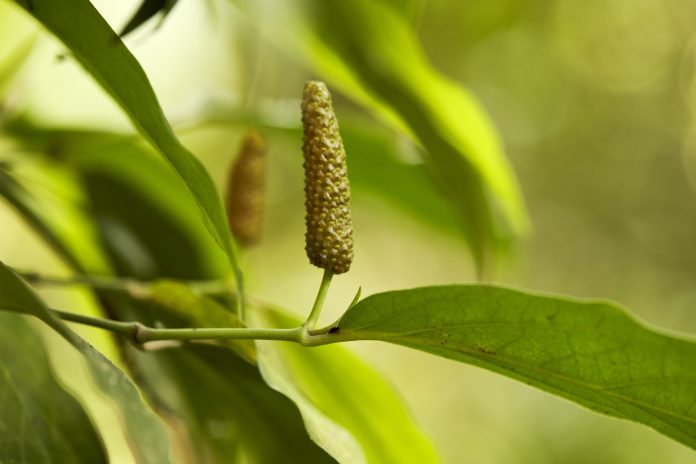
Although dry mouth is usually benign, it can cause significant problems in your quality of life. What causes dry or mushy lips? Is this a night-time sensation? What is xerostomia and how can it be treated? Dry mouth (xerostomia), also known as a decreased amount of saliva production (hyposialia), and/or a change of the composition of saliva (when saliva becomes viscous, for example). This can be either temporary or permanent. It can be caused by one condition or another. Dry eyes or vaginal dryness can occur depending on the cause.
Symptoms of Dry Mouth
There are many symptoms that can accompany Xerostomia, and their acceptance varies from one person to the next. The sensation of having a dry, sticky mouth or throat (especially at night).
- The appearance of cracks in the lips
- A tongue that is abnormally red
- A burning sensation or irritation in your mouth when you eat spicy foods
- A feeling of increased thirst
You may also experience other symptoms that are not common:
- A decrease in taste perception (dysgeusia)
- Dysphagia is a condition that causes difficulty in swallowing and chewing
- Speech disorders and speech problems (dysphonia)
- and even difficulties in wearing braces or dentures
Effects of Xerostomia
Dry mouth can lead to more or less severe conditions:
- Bad breath (halitosis)
- Anosmia is a condition that causes difficulty in swallowing, detecting flavours or altering the sense of smell.
- Increased susceptibility to bacterial caries, bacterial growth, or gingivitis.
- The persistence of painful cracks at the corners or inside of the lips.
Causes of Dry Mouth
A decrease in saliva production (hyposialia), can be caused by a lack or significant destruction of salivary glands. This is easily fixed. This phenomenon can be explained by several factors:
- Ageing: As we age, our salivary glands produce less saliva so the sensation of dryness in the mouth is almost permanent.
- Taking medication (antihistamines and anxiolytics. Antidepressants and Neuroleptics. Diuretics. Certain analgesics. Antispasmodics. ).
- Heavy consumption of alcohol and tobacco
Hyposialia can be explained by certain chronic or autoimmune conditions:
- Autoimmune diseases like Gougerot-Sjogren’s syndrome can be isolated or linked to other autoimmune pathologies, such as systemic lupus and rheumatoid.
- HIV/AIDS,
- diabetes,
- Alzheimer’s disease,
- Chronic kidney disease
- thyroid problems.
- Dry mouth can occur after radiotherapy to the neck and/or head, or after surgery to remove one or more salivary cells.
Treatments
Are you waking up with dry, dry lips? Start by drinking enough water throughout the day. The salivary glands make less saliva as we age. You need to stay hydrated.
Are you only noticing the symptoms when you wake up in the morning? Your air quality may be poor. To avoid mould, make sure to clean the air in your room daily and to use a humidifier but not too often.
You can also try to make lifestyle changes such as quitting smoking, drinking water frequently, taking care your oral health, avoiding alcohol and dry foods, as well as drinking water in small quantities.
The Solution
The following trio can improve the situation if it is continued for several months.
- Jaborandi (a South American shrub whose leaf contains the same molecule as pilocarbine, the medicine for dry mouth). This plant substance stimulates parasympathetic nervous systems and increases sweat and saliva production. As an infusion, boil 2 teaspoons of chopped leaves in 1 litre of water. Drink 2 cups daily without meals. Ask your pharmacist to make a mother tincture. This is more practical and concentrated. Take 20-30 drops 2-3 times per day. Caution! Caution! This is a simple way to increase saliva production and fight bad breath.
- Bicarbonated water is a mouthwash that alkalizes your oral cavity and prevents the development of fungus. It should be used twice daily. It is better to avoid any other mouthwashes that can acidify and rinses with alcohol as they can exacerbate the pain. Alternative medicine can help you to reconcile with your stomach
- Acupuncture. Research suggests that saliva production can be increased at certain points, even in severe cases.
- Hypnosis and sophrology. They can be used to manage stress, anxiety, and pain.
- Homeopathy. To find the best treatment, it is best to consult a specialist physician. When the dryness of the skin is severe and accompanied with constipation, you should consult a specialist doctor. These remedies should be taken 3 times daily, in 5 CH, with 3 granules.
- Modify your diet. Limiting coffee and alcohol is a good idea. Also, avoid all acidic, pungent, and very salty foods that can cause dryness and irritation to the mucosa. Warm foods can help to reduce discomfort.





